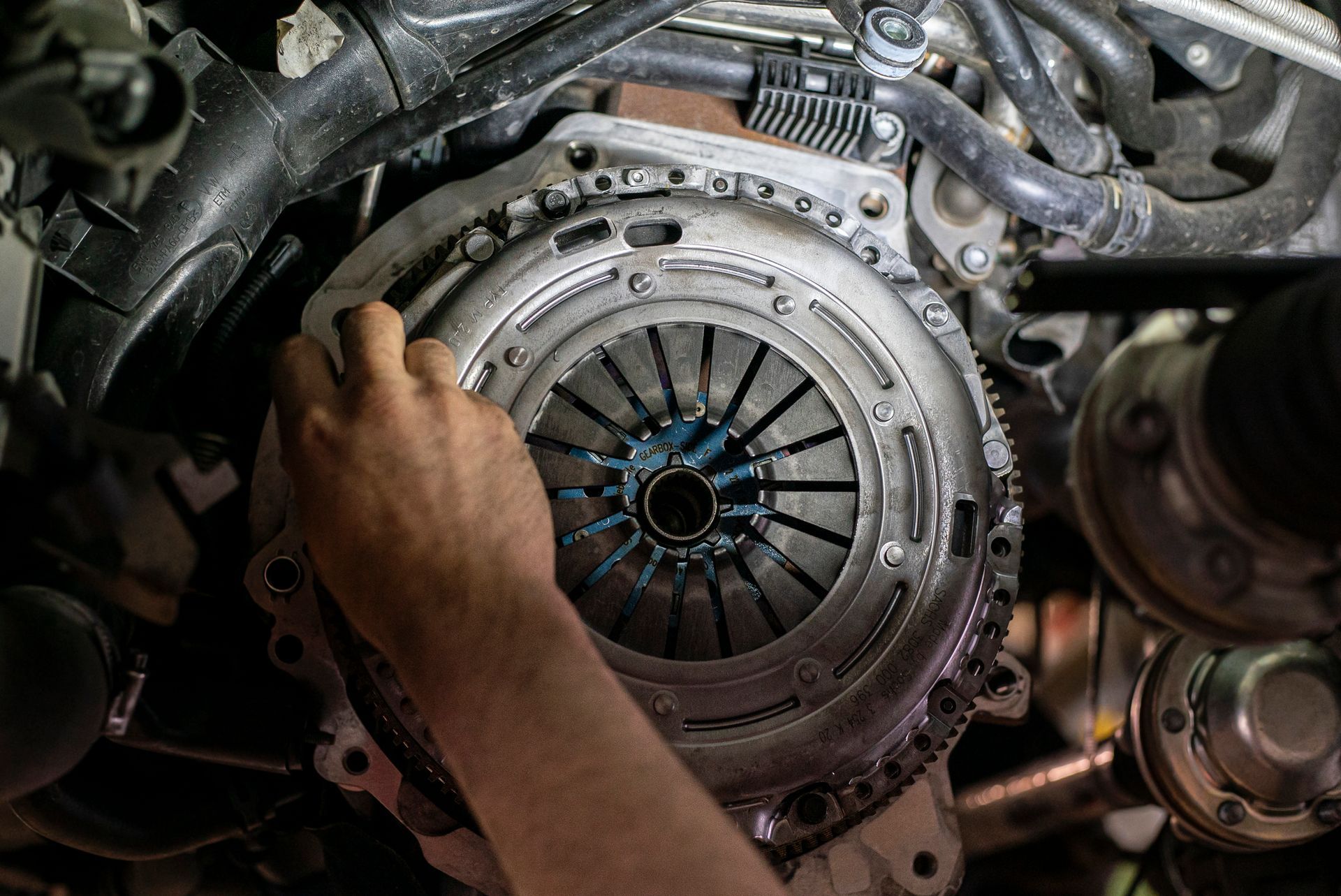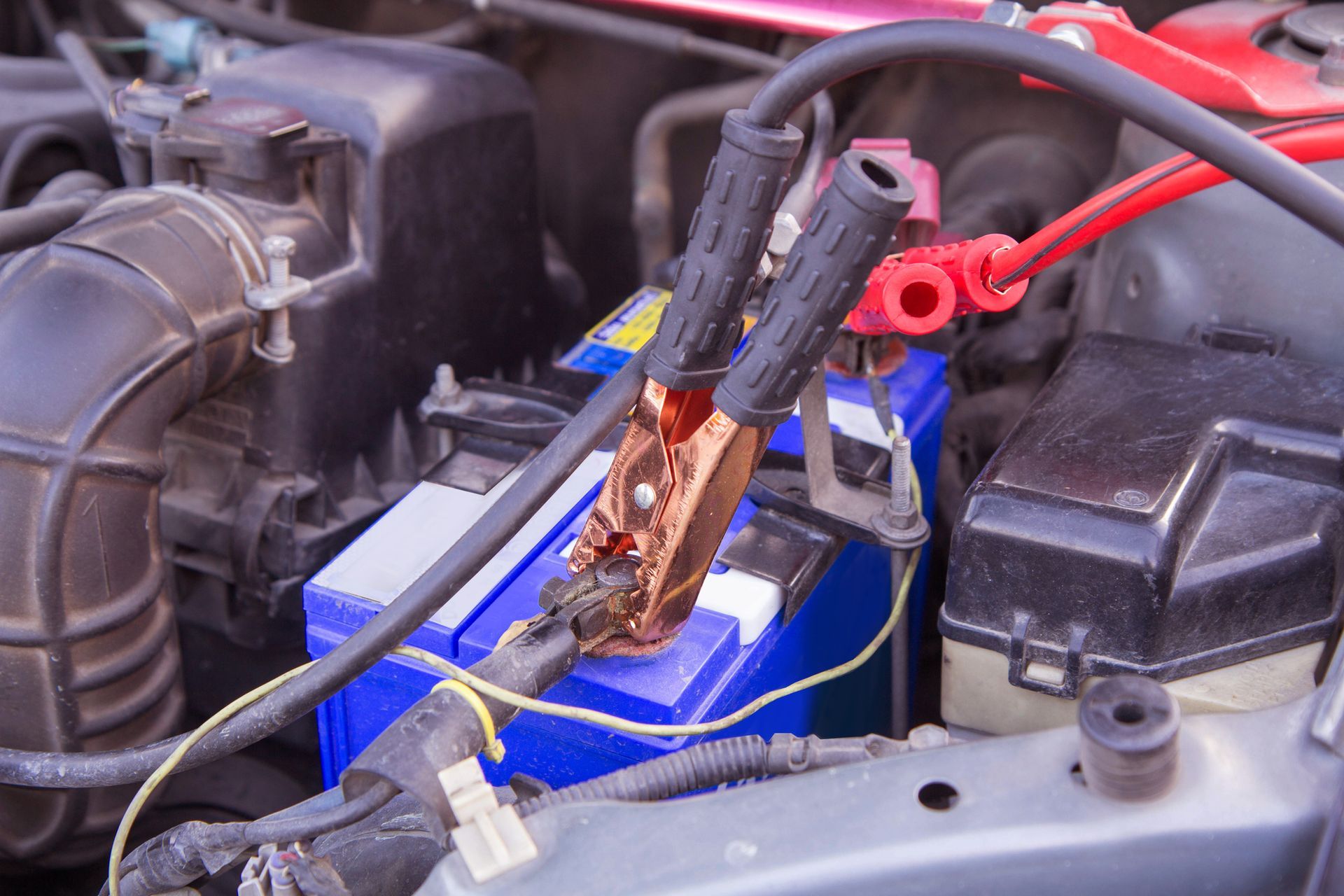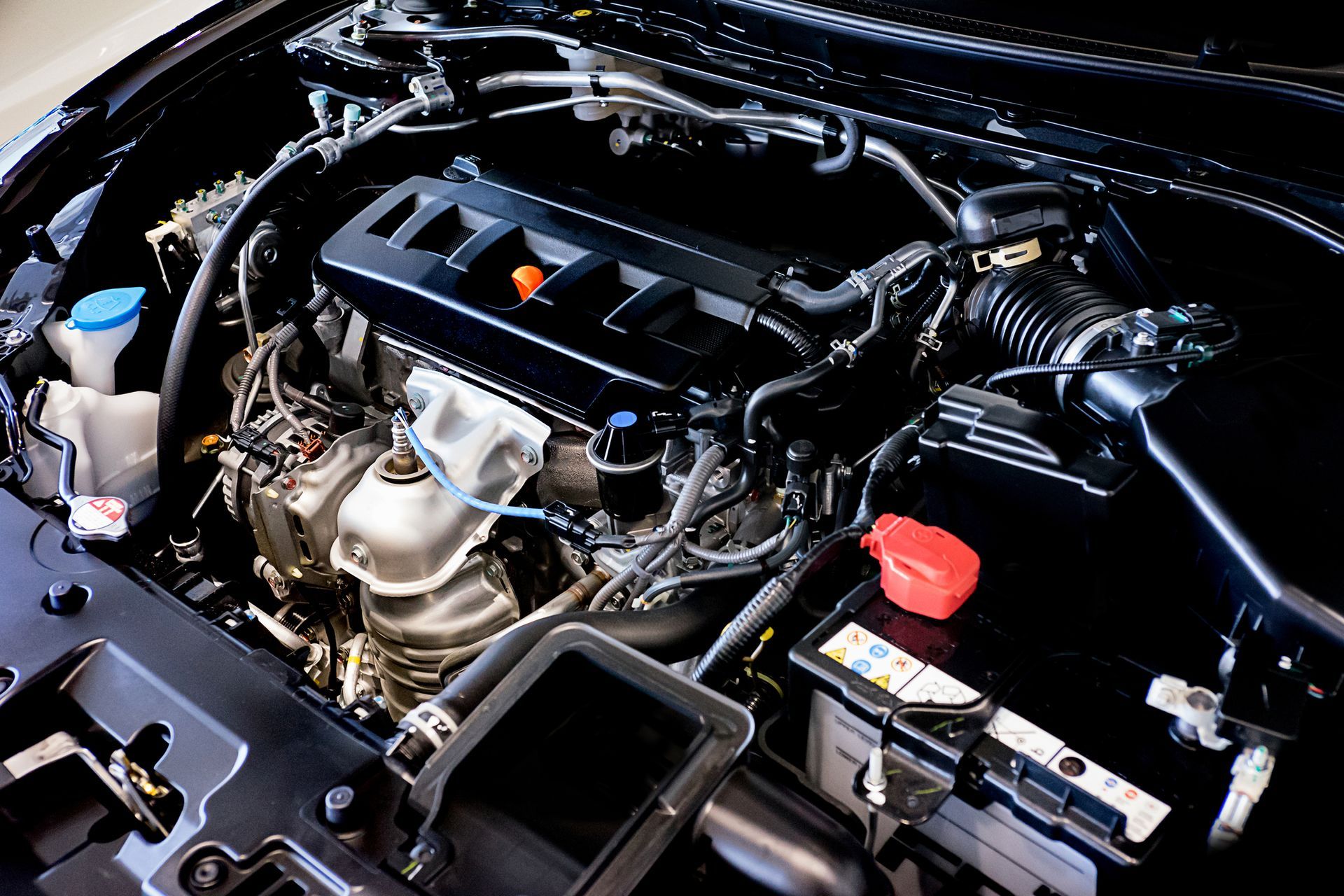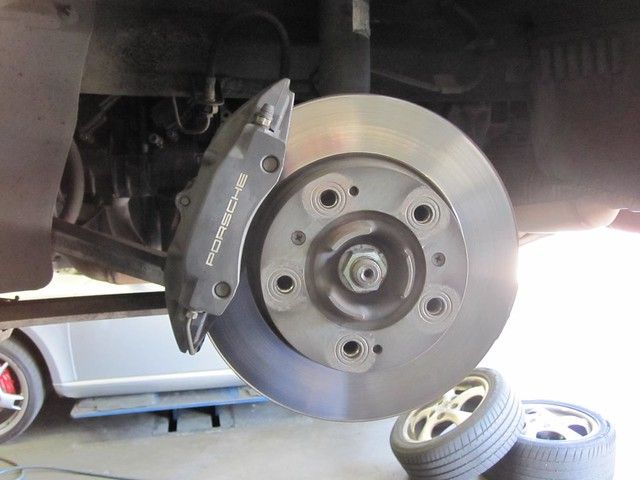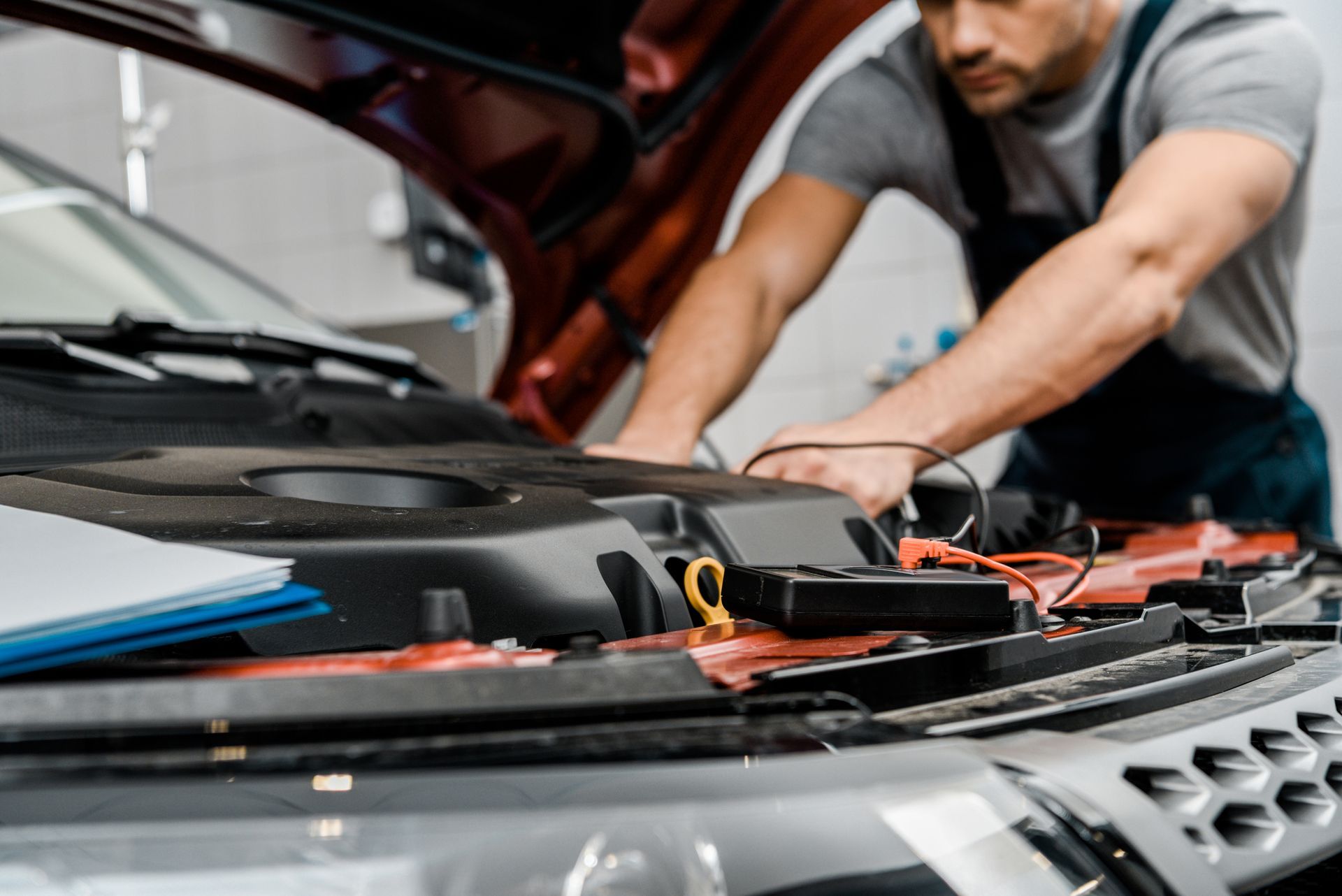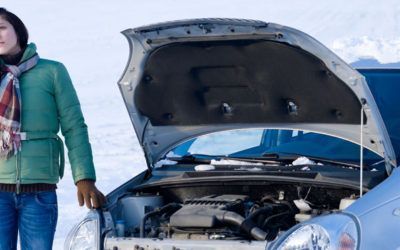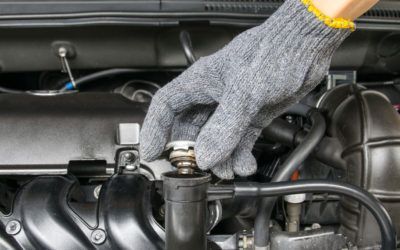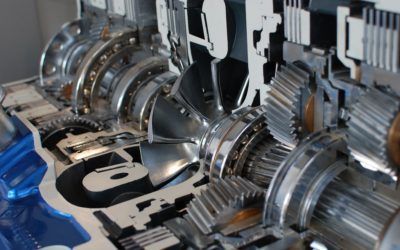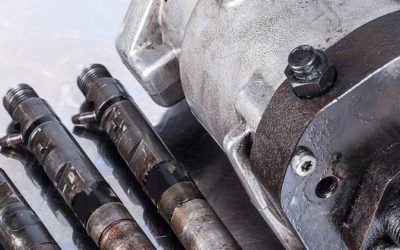Tired of typing, “transmission shop near me,” into your search engine and feeling indifferent about their service after the fact? Well, you’re in luck, because the best place to repair a transmission in Salt Lake City is AAMCO Utah. No matter what car repair service...
read more5 Things That Can Drain Your Car Battery
Whether you drive a new or older car, you may find that one morning when you are heading to the office for an important meeting, your battery just won’t start. You push the key fob, and nothing happens. You open the car door, but no interior light comes on. The key is in the ignition, but the engine doesn’t start. It’s official – you’ve got a dead car battery. How did it happen? Let’s look at 5 of the most common issues we see.
Related: 3 Signs Your Electrical System Needs Servicing
Related: What Do Those Lights Actually Mean?
Related: Battery, Alternator, or Starter?
Old or Weak Battery
This is the most logical place to start, especially if you can’t remember the last time you changed your battery. Despite their bulky, outward appearance, car batteries are very delicate. Even with all of the new innovations in technology at our disposal, the average car battery has a lifespan of 3-4 years. While this can differ depending on the driver, vehicle model, and usage of the vehicle, we highly recommend swapping out your battery as a preventative measure. Our driving habits, extra devices with chargers, and overall vehicle maintenance contribute to the life of the battery. This is normal and a simple fix.
Corroded or Loose Battery Cables
Corrosion can impair the normal function of your vehicle’s electrical system and could damage your battery entirely. Leaving corrosion unattended for long periods of time will certainly make your situation worse. This should be addressed and cleaned right away. We recommend cleaning these cables by mixing a tablespoon of baking soda with very hot water. After you have mixed the solution, get a toothbrush and some protective wear, to prevent splashback and to reduce the amount of damage to your skin. Once you are protected, use the bristles to polish in and around the corroded area. The battery cables themselves can also be dipped in the mixed solution as well. Battery cables may become loose over time and should be securely fastened to the battery at all times. Adjust the cables and check if the car starts.
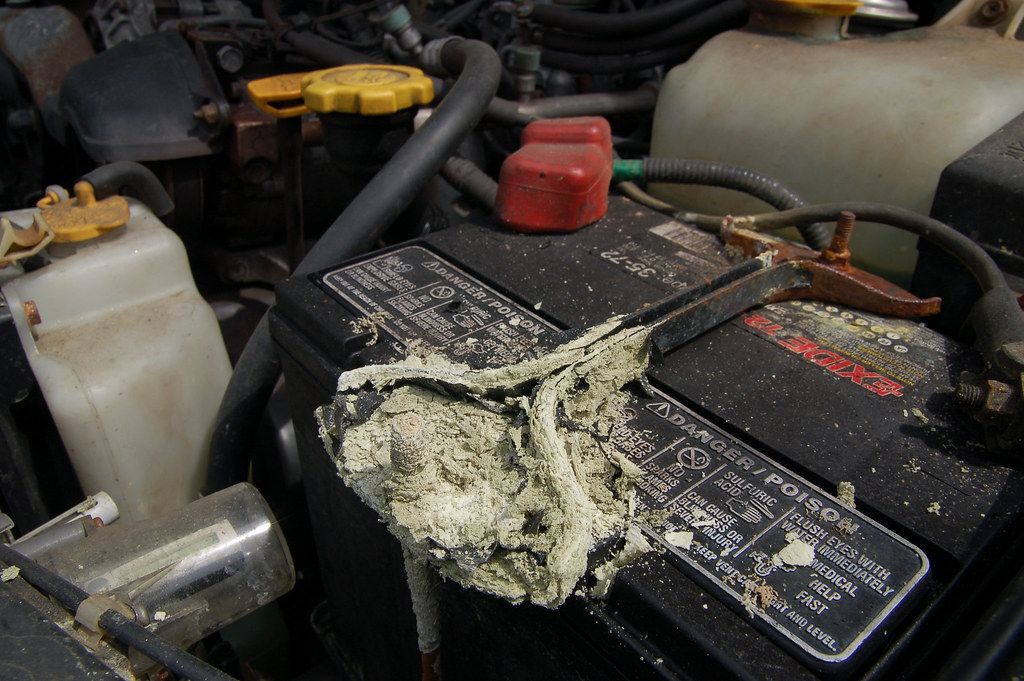
Temperature Extremes
Did you know that your battery is extremely vulnerable and susceptible to the outside temperature? That’s right. Although your engine and transmission are the top two components to your car, your battery is greatly affected the most in extreme weather. Extreme weather or fluctuation in temperature can lead to a build-up of lead sulfate crystals which causes longer battery charging times, short battery life, and even failure. Since this can affect the charging time, the battery may not reach 100% charged by the time you turn off the engine. If you drive a newer model of car, you may have what is known as a “battery sensor.” This special sensor detects the temperature of your car’s battery and allows your battery to increase or decrease the charging voltage depending on the vehicle’s needs. If you notice your car isn’t charging your battery properly or need help with your sensors, it is safer to get the help of a trusted professional than to risk losing power.
Defective Alternator
If you’ve tested the battery and you know it is working and fully charged. You see that your dashboard lights up, your headlights are operating just fine, but your car won’t start. Despite multiple attempts to start your car, your car is making sounds, there’s gas in the tank, but the engine won’t crank? What could this possibly be? At first, you suspect that it could be the starter, but something just feels off. If this sounds like a familiar scenario, it is safe to assume there may be a problem with your alternator while this is less common, it is possible the alternator is your problem. Have you noticed issues with your automatic windows or flickering lights? These can be signs of an issue with your alternator.

Human Error or Oversight
Sometimes, your car may not have any mechanical issues at all and the true cause of your car problems, could very well being your own doing. Here at AAMCO Utah , we understand. We are all human and we’re all prone to mistakes at times. Everyone has done the following mistake once or twice. We’ve all hopped out of our car at some point and forgot to switch that mirror light off. Or maybe your teenager borrowed the car and a passenger left a car door cracked all night. It happens to the best of us! Modern vehicles may alert you that a feature has been left on, but older models don’t necessarily have any warning system.
Don’t Panic! Our Experts Are Here To Give You A Boost
Battery problems begone! A dead car battery is not a fun experience, but you don’t have to go at it alone. No matter the issue at hand, we offer a wide variety of engine, transmission, and even battery services. We can always count on us to give you a jump start and focus on getting your car squared away. Never forget that when you visit one of our fine auto care centers, that you can always count on AAMCO Utah’s finest to help you get back on the road. Our quick and convenient services are custom-made and here for you at any time. Get quality auto care at affordable prices. Let us give you the peace of mind , knowing that AAMCO Utah has got your back.
Find your local AAMCO Utah
More from our Blog
Don’t Forget These Crucial Spring Car Maintenance Services
Spring has sprung – what does that mean for your car? Routine auto maintenance skips no season. Winter can be hard on cars, so spring is when you can check for any damage, whip your car back into shape, and get ready for summer heat and sun. Regardless of season, it’s...
read moreHow to Protect Your Car Battery from the Cold
Winter is here and it can cause all kinds of problems for your car. If it’s been a while since you last replaced your car battery, read up. Freezing temperatures and harsh winter weather can cause your battery to take a real hit and if your car battery is already...
read moreHow Often Should I Get an Oil Change?
The short answer – there’s no standard answer for when you should get an oil change. While there are general guidelines, it’s best to think about your car more specifically because there are a lot of factors that contribute to when you’ll need another oil change....
read more3 Ways Routine Car Maintenance Can Save You Money
Considering skipping your next car maintenance appointment to save some money? Think again. By keeping up with recommended maintenance, you’re actually saving money in the long run. Sure, you could treat yourself to a night out instead of another oil change, but...
read moreThree Early Signs of Transmission Failure
The dreaded transmission repair. No car owner wants to ever hear that their transmission is failing, meaning a costly repair is in their future just to keep their car running. Keeping up with regular transmission maintenance can help keep this scenario at bay, but...
read moreWarning Signs of a Failing Fuel Pump
When you hear the term “fuel pump”, you may imagine the pump at a gas station, but that’s not the type we mean in this article. Did you know your vehicle has a fuel pump? It is likely you’ve never had to think about this component since many modern vehicles have...
read moreBook an Appointment

Navigate our Blog
Recent Posts
The post 5 Things That Can Drain Your Car Battery first appeared on AAMCO Utah Transmission Repair and General Car Repair.
Share
